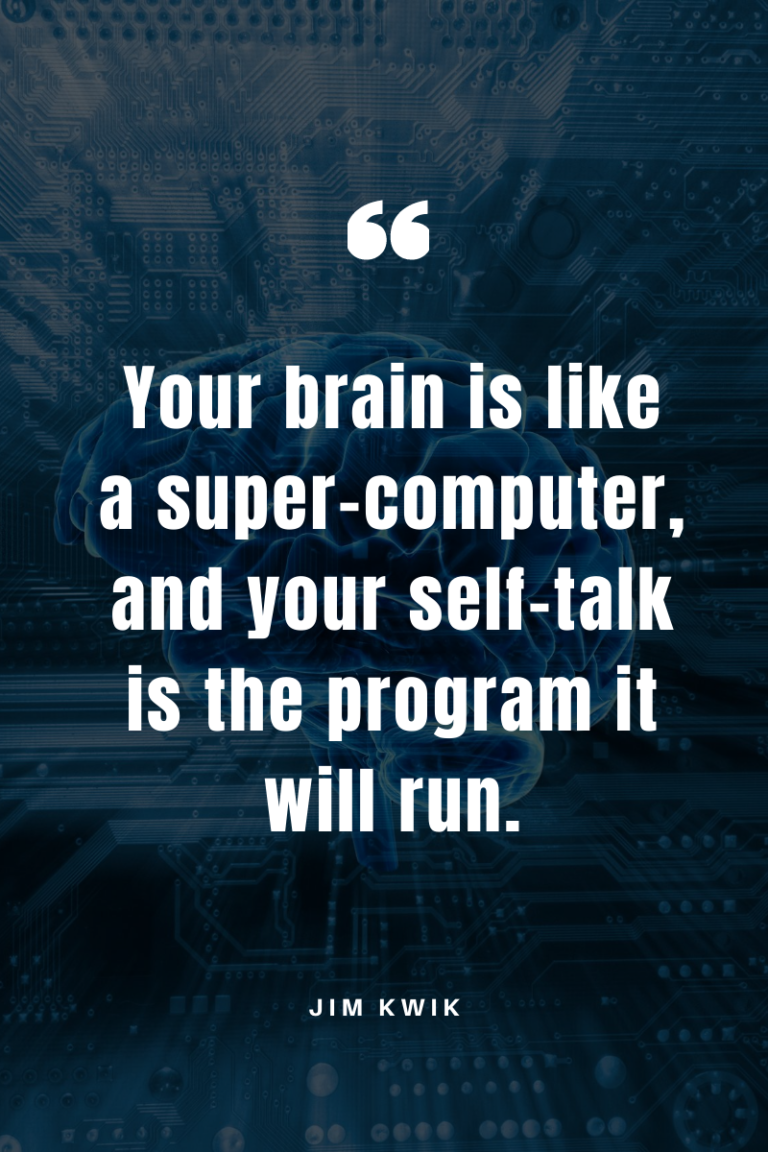by Sylvie Manaigre
The brain is the most complex organ in the human body. It produces our every thought, action, memory, feeling and experience of the world. The brain is like a central processing unit for our body; whatever is programmed into it will be directed to the necessary components of the body to be executed.
5 ways to increase our processing power.
- Seek clarity
- Visualize
- Practice
- Learn new skills
- Read more

Seek Clarity.
Since our mind’s signals fuel our senses, having a clear sense of purpose is critical. We can’t successfully program a computer to complete a task without knowing the end point. Google maps can only give us the fastest, most efficient route once we clearly outline our mode of transportation, current location, and specific destination.
Visualize.
What the mind of man can conceive and believe, it can achieve – Napoleon Hill
Once we have a clear sense of purpose, we can use visualizations to transform our dreams into realities. If we can visualize ourselves arriving at our end goal, we can identify potential roadblocks we’ll need to avoid, and new skills we’ll need to master to get there. Before we even start practicing, imagining ourselves succeeding can help us build confidence, combat negativity, and even make us happier!
That’s right, the more detailed our visualizations, the more we actually begin to feel the specific emotions of the future state at the neural level. If we imagine the joy we’d feel upon starting our own business or completing a race, we can actually pre-experience the joy before it happens. Additionally, we can re-experience joy by reliving such moments in our minds. This is probably why most athletes complete ‘mental walk-throughs’ before events. It could also explain why scanning through old photo albums can make us smile when we’re down, and why friends are always telling stories about the ‘good old days’ at parties.
Practice.
People tend to lose skills as they age, not through the aging process, but through lack of use. Skills must be practiced. If we don’t use them, we lose them. Grasping the concept of skills can lead us to mistakenly believe we also know how to perform them naturally. We don’t really…
Case in point: I understand the game of football. I can list all of the skills required to be a great defensive back. I know how to read an offense. I have played football before. I can picture myself catching the ball at its highest point. I remember how good it felt to strip the ball from an unsuspecting receiver, tuck it tight and run it down the sideline for a pick 6… I haven’t played or touched a football in years. I went to the park to run some routes the other day, and it wasn’t pretty to say the least… I knew what I was doing wrong, but it took repetition to get my reaction time, footwork and hands back.
We need to practice, get feedback, refine our approach, and practice again – If we stop practicing, we unlearn and revert back to old, less efficient ‘natural’ habits. (read more about training specificity in this article)
Learn new skills.
Technological advances are quickly transforming our realities. Machines are replacing our coworkers, algorithms are replacing most tasks, and our competition just keeps getting better and better. Up to 60% of Canadian employees experience skill mismatches, meaning they have either higher skills or lower skills than their jobs demand. To stay relevant, the ability to keep learning is the most important basic skill for any job.
Our evolving jobs are regularly requiring additional technical skills. It can be intimidating to try learning something new, or embarrassing to fail, but we can’t get better in our comfort zone.
Read more.
Reading is a learning skill that we can always improve. There are so many benefits that we stand to gain from reading more :
- improved brain connectivity
- increased vocabulary and comprehension
- Increased ability to empathize with other people
- increased sleep readiness
- reduced stress
- lower blood pressure and heart rate
- prevention of cognitive decline as we age
- a longer life
All of these benefits, yet somewhere in our brief history, reading has been deemed a burden… In a world of same day shipping, open libraries, e-books, and audiobooks, it’s hard to find a legitimate excuse not to read. Yet we all do… Literacy rates are literally dropping in America.
If you don’t have the time to read; MAKE TIME.
First, figure out why you don’t make time for something so important. Then visualize yourself reading. Strategically place books in your house (by the TV remote, on your nightstand, in the washroom). Keep a book in your bag so that next time that you’re waiting in line at the store, or in transit, instead of getting frustrated or scrolling through instagram, you can practice one of the most important skills we need to master to work better.
quoted REPORT | Literacy Lost: Canada’s basic skills shortfall
CLICK TO READ >>> TOP 10 BOOK RECOMMENDATIONS FOR A BETTER MINDSET


